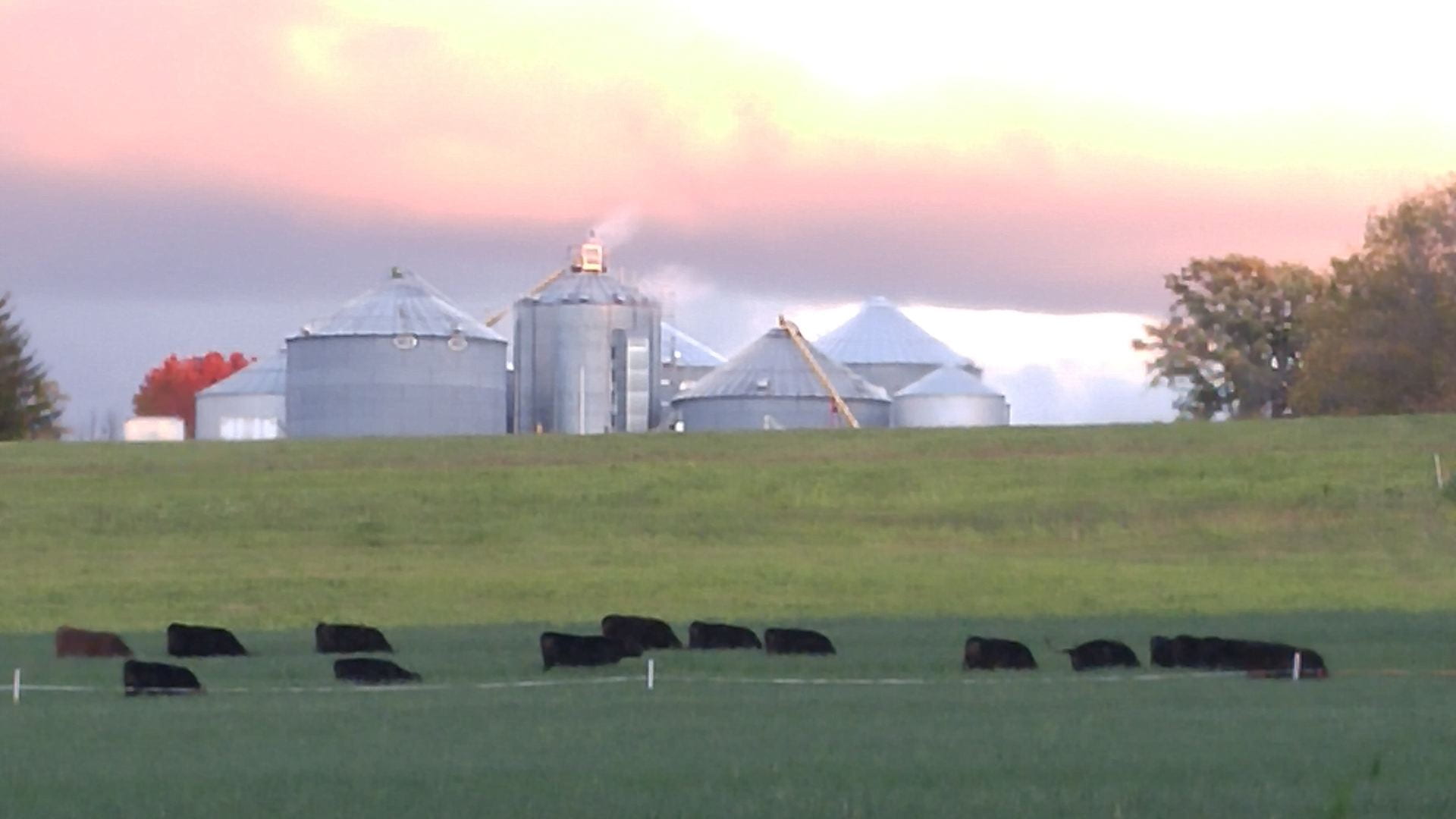May 10, 2021
Building a resilient local food system requires sufficient meat processing capacity. The COVID pandemic revealed that NYS did not have the ability to absorb shocks, including increased consumer meat demand, leaving farmers and consumers frustrated and meat processors overwhelmed.
In Fall 2020, a team of Cornell Cooperative Extension educators, Cornell Animal Science Dept faculty, and Cornell Small Farms program staff embarked on an effort to interview all 300 meat processing facilities that provide services to farmers in NYS. The team sought to gain an understanding of these businesses’ interest in expanding or upgrading to a higher level of inspection, barriers to sustainability and growth, and what types of support they needed.
The results and conclusions of these interviews are now available to read and download HERE. A longer version with complete literature review and more in-depth statistical analysis will be available at the same link by May 31, 2021.
The team concluded that there is no single, easy solution to the meat processing bottleneck, but there are several areas where investment is needed and would ease the situation for farmers and processors. Availability of grant funding for capacity expansion of all 3 types of meat processing facilities would help. While some new facilities are needed, investing first in expansion of existing facilities will accomplish more with fewer resources. Additionally, funding for full-time staff positions to provide technical support and succession planning to meat processors, as well as meat cutting training and food safety assistance, would provide some relief. There is enormous need for leadership and expertise in this area but currently almost no staff is funded to provide this support.
Additional areas of need are outlined in the white paper.

